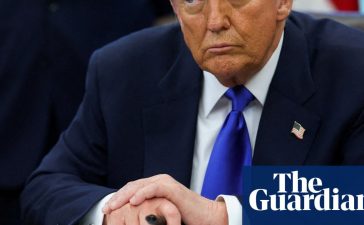
© Reuters. FILE PHOTO: Pharmacist Jim Pearce fills a Suboxone prescription at Boston Healthcare for the Homeless Program in Boston, Massachusetts January 14, 2013. REUTERS/Brian Snyder/File photo
(Reuters) -Indivior on Monday agreed to pay $385 million to settle lawsuits in the U.S. brought by drug wholesalers on claims it illegally suppressed generic competition for its opioid addiction treatment Suboxone.
The company’s London-listed shares closed 5% higher as the latest settlement marks the end of long-running litigation relating to Suboxone.
Indivior in June agreed to pay $102.5 million to settle related claims by dozens of U.S. states. In August, it agreed to pay $30 million to settle a similar class action lawsuit by health plans.
A trial on the wholesalers’ claims that had been scheduled for Oct. 30 has now been called off.
The wholesalers are representing a class of about 70 Suboxone buyers, including other wholesalers and clinics.
“The resolution of this litigation, which was filed over a decade ago, provides greater certainty for all Indivior stakeholders,” CEO Mark Crossley said in a statement. The company did not admit liability under the settlement.
A lawyer for the wholesalers did not immediately respond to a request for comment.
The settlement requires approval by the United States District Court for the Eastern District of Pennsylvania. Indivior expects the $385 million to be paid next month.
Suboxone won U.S. approval in 2002, with Indivior holding exclusive rights to sell the treatment in tablet form until 2009.
The lawsuit filed by health plans and drug wholesalers claimed Indivior switched to an oral film version of Suboxone from a tablet to extend its monopoly, just as generic manufacturers were poised to sell their own lower-cost pills.
The company also agreed in 2020 to pay $600 million to resolve U.S. government allegations that it fraudulently promoted Suboxone, including by marketing the film version as safer and less abuse-prone than similar drugs.
More than 900,000 people have died of drug overdoses in the United States since 1999, with opioids playing an outsized role, according to data from the U.S. Centers for Disease Control and Prevention.








